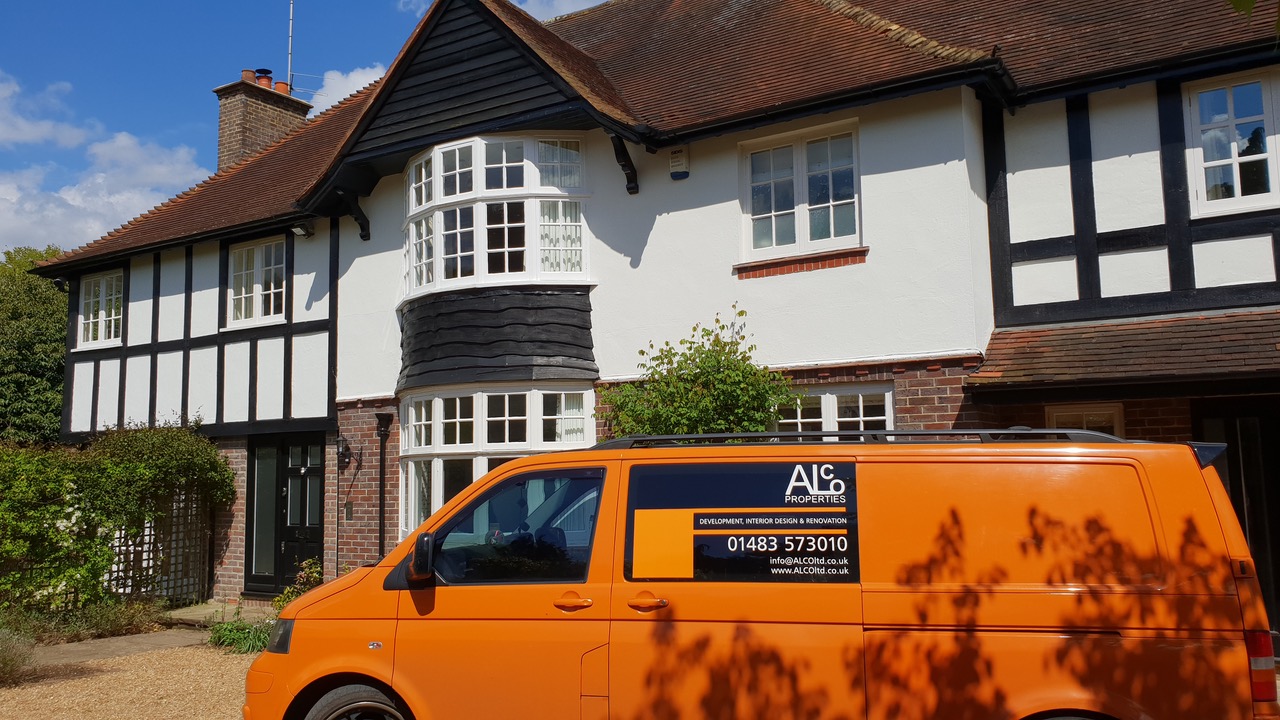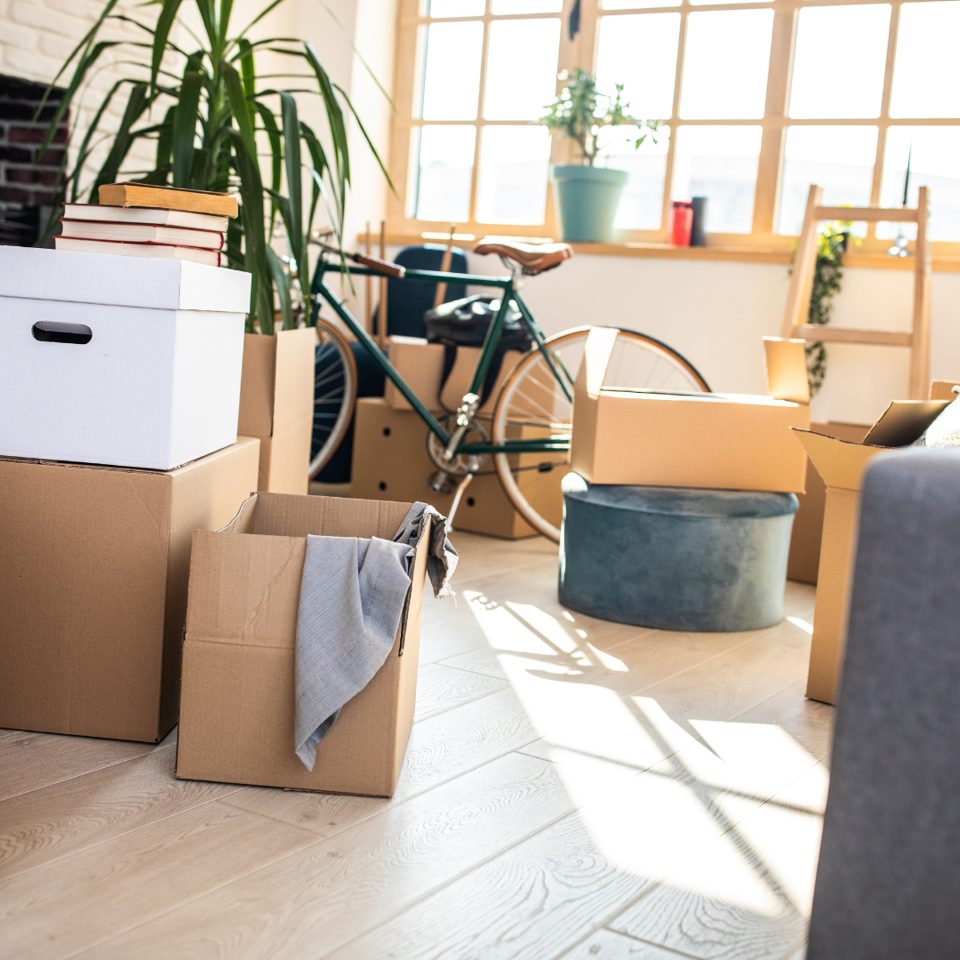ALCO BLOG
Top 10 tips to creating a successful house extension
1. An extension should be part of a ‘whole-house’ solution
An extension should never merely be attached on to your existing house as a bolt-on. It’s crucially important that your extension works with your existing house, and that the solution has been considered as a whole. Spaces should flow together so that there is a clarity of layout between old and new, with the extension enhancing how the existing house works.
2. Create a brief and budget
This might sound a simple step towards making your dream reality but it’s common to overspend on even the smallest projects. Also bear in mind that not only do you have the build budget, there will be the designer’s and consultant’s fees, government VAT and also local authorities fees for the applications too. So, be realistic with your budget as to create the perfect dream home, it is not all about the new build extension alone. Lots of factors collaboratively create a beautiful and functional space.

3. Be realistic with your schedule
Most projects end up taking longer than you would like. Adopting a philosophical approach to this from the outset can put you in a better position to manage the ups and downs of your project, ensuring you don’t set yourself unrealistic expectations, which will only cause additional stress and worry during your build. In many cases dealing with the inevitable issues that arise in a calm and realistic manner can actually decrease the time taken for your project.
4. Choose the right building
Choosing the right builder is crucial to constructing your dream as with the wrong one your dream will very quickly become a nightmare! So make sure you research builders long and hard, visit previous projects they have done, carry out numerous chats with them (as let’s face you have to be able to work with them!) and take a look on websites for reviews. Some local council panels have set up schemes in their boroughs to assist with this decision and created directories for you with only the local builders who meet the high standards and are recommended by other people in your area so search through them!
5. Planning consents
Depending on the size and scale of the extension or loft conversion you may be able to avoid the need for planning permission. This will cut down on time delays and costs. The government has amended the Town & Country Permitted Development Order to encourage homeowners to extend their properties without the need for formal planning permissions. There are criteria and limitations on size though, so it is important to leave this in the hands of your appointed designer. If your property is Grade Listed or set in a conservation area then the normal planning rules will apply.

6. Avoid making design changes down the line
One of the biggest problems that leads to stress and inflating costs of any project is making alterations to the design during the building works. It’s natural to feel the urge to tweak things over the course of a project, but this temptation is often increased when you are extending your home and can see the works regularly.
Keep in mind that changes have cost and timescale ramifications. It’s also best to discuss any changes with your architect, as they are best placed to advise you on whether there are any consequences to the revision that you may not be aware of.
7. Create a brief and budget
This might sound a simple step towards making your dream reality but it’s common to overspend on even the smallest projects. Also bear in mind that not only do you have the build budget, there will be the designer’s and consultant’s fees, government VAT and also local authorities fees for the applications too.
So, be realistic with your budget as to create the perfect dream home, it is not all about the new build extension alone. Lots of factors collaboratively create a beautiful and functional space.
8. Move out if possible
Living in a building site can be quite stressful. If finances allow it’s best to move out of your property while major works are carried out.
This may seem like an extra expense if you need to find a rental property but can often be cost neutral as contractors carrying out the works do not have to plan around you or your family, which often decreases the time taken.
If you do intend to remain in your home while you extend, make this known to your architect and contractor at as early a point as possible, so that the project can be planned around this to allow you access to facilities such as a temporary kitchen and bathroom.

9. Prepare your home
To protect your home and ensure everything stays in top condition, it’s important you take the necessary steps to prepare your home. It’s no secret that a home extension produces a whole lot of dust – and you should expect this dust to get everywhere. Unfortunately, there’s no avoiding it, your home is going to get dusty, but fortunately there are plenty of things you can do to ensure none of your furniture or belongings are damaged or ruined.
Firstly, you’ll need to clear the area that is being extended. This is the perfect opportunity to have a good clear out and get rid of anything you don’t use. If you’re having your kitchen extended, take this opportunity to finally clear through your cupboards and get rid of those cans that have been lurking in the back for a while.
The best way to protect your furniture and items is to simply remove them from the area. Remember, this includes any pictures you have hanging on the walls and items on windowsills. If you don’t have the space to store items and furniture in other areas of your home, self-storage is a great option.
The best way to protect your carpets and other areas of your home from dust and dirt is with plastic. You can get plastic coverings for doorways and flooring, ensuring that once the work has been completed, the rest of your home will look just as it did before – and you don’t have to worry about muddy footprints or dusty floorboards!

10. Think about the landscaping
The garden is often an afterthought in renovation projects. Integrating its design early in the design process and allocating a portion of the budget ensures opportunities are not missed.
We’re proud to have built our reputation on quality work as well as cost and time savings. You can rely on us at every stage of your project; our team is always on hand to offer expert and friendly advice and we’ll always go above and beyond to ensure your requirements are met.
To get a free no-obligation quote drop us a message here – info@alcoltd.co.uk or 01483 573010
